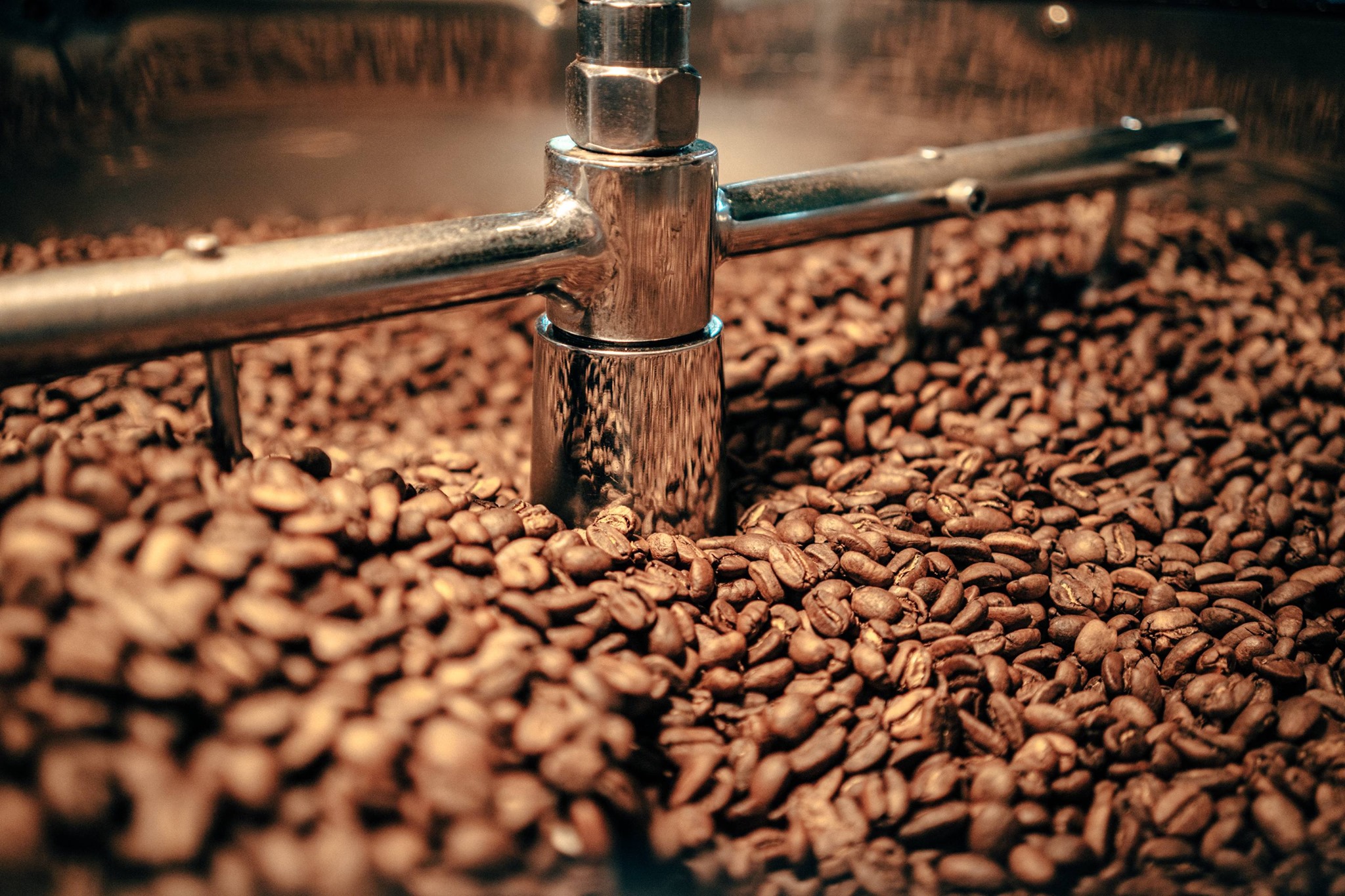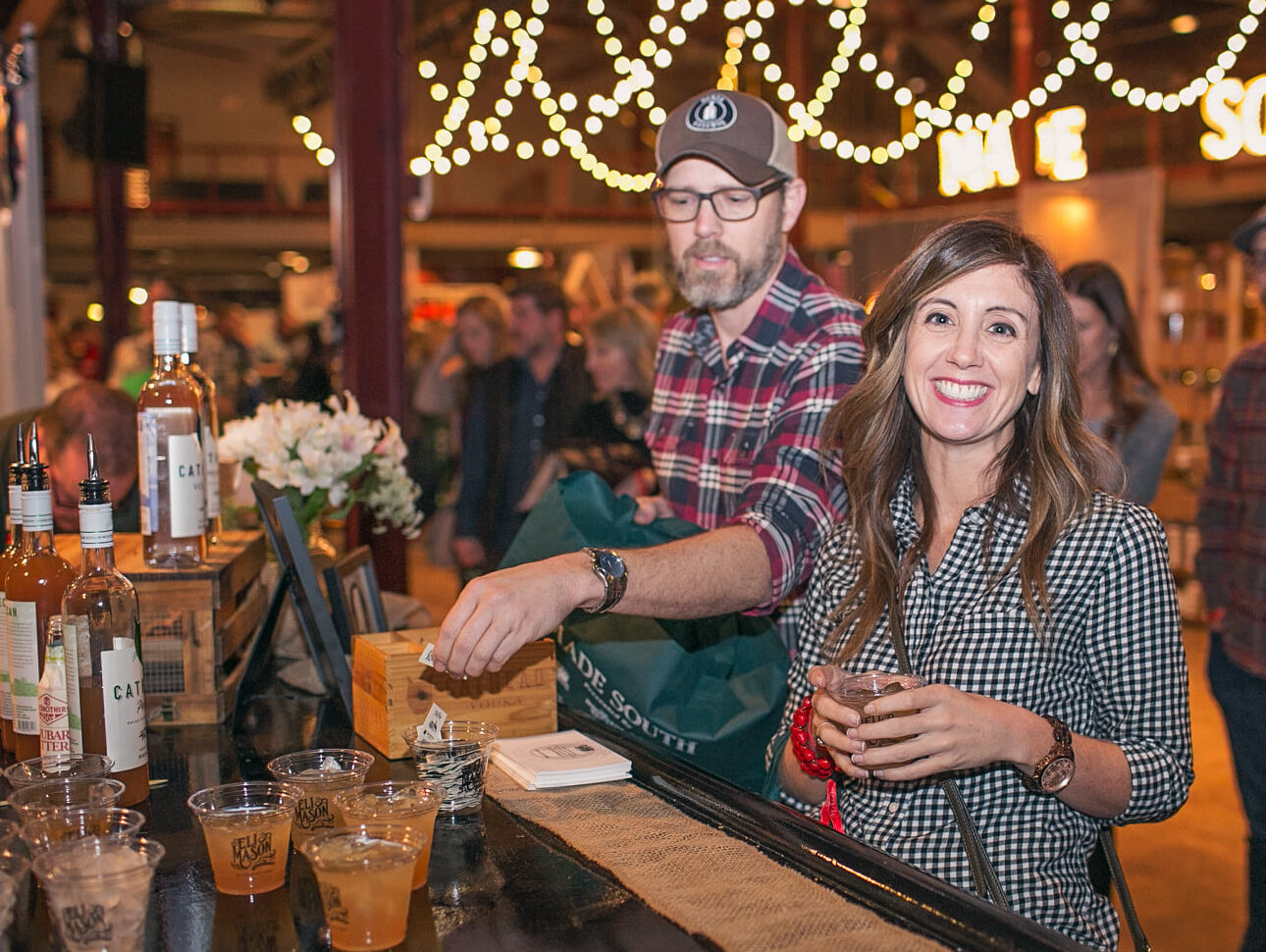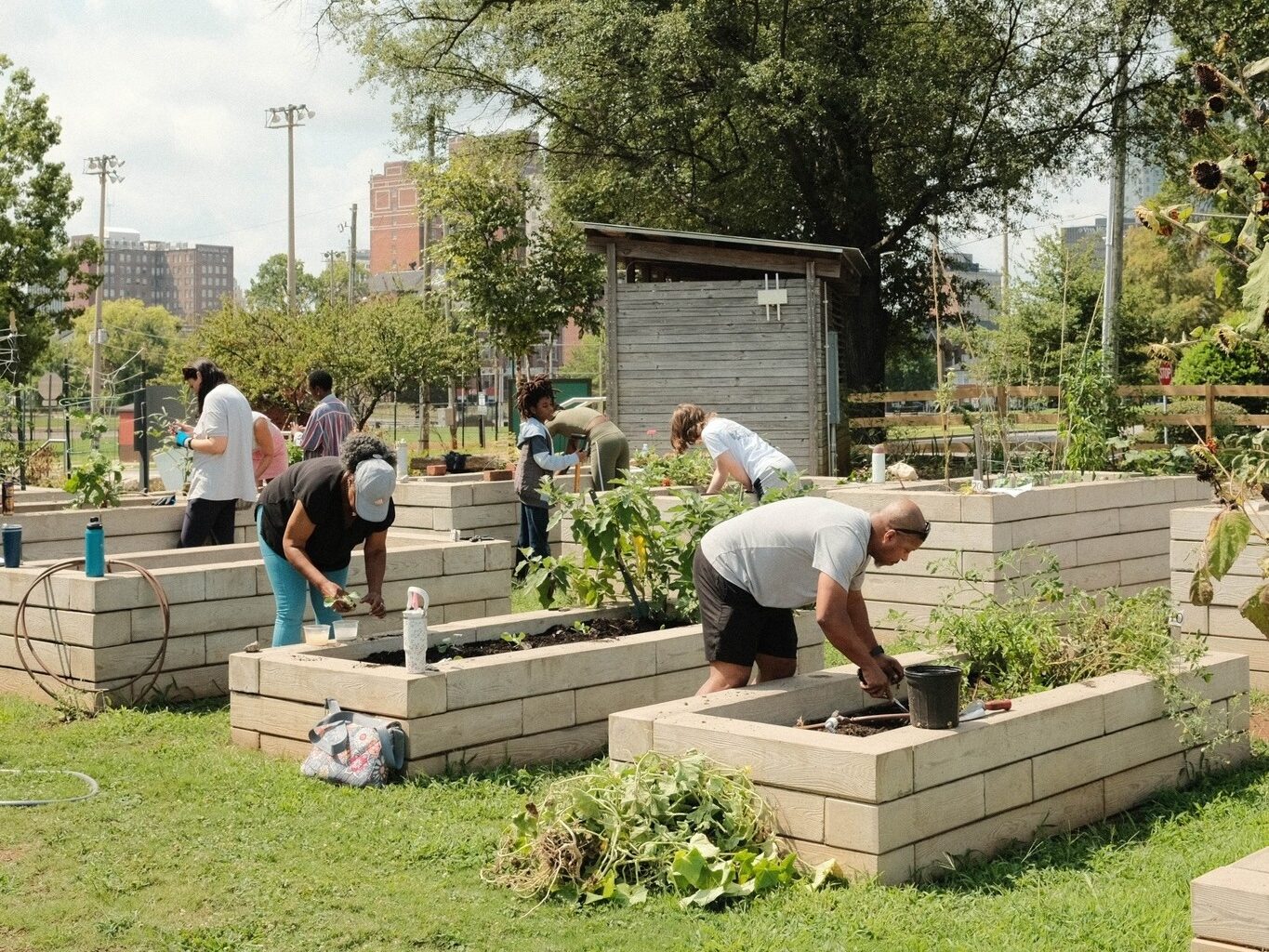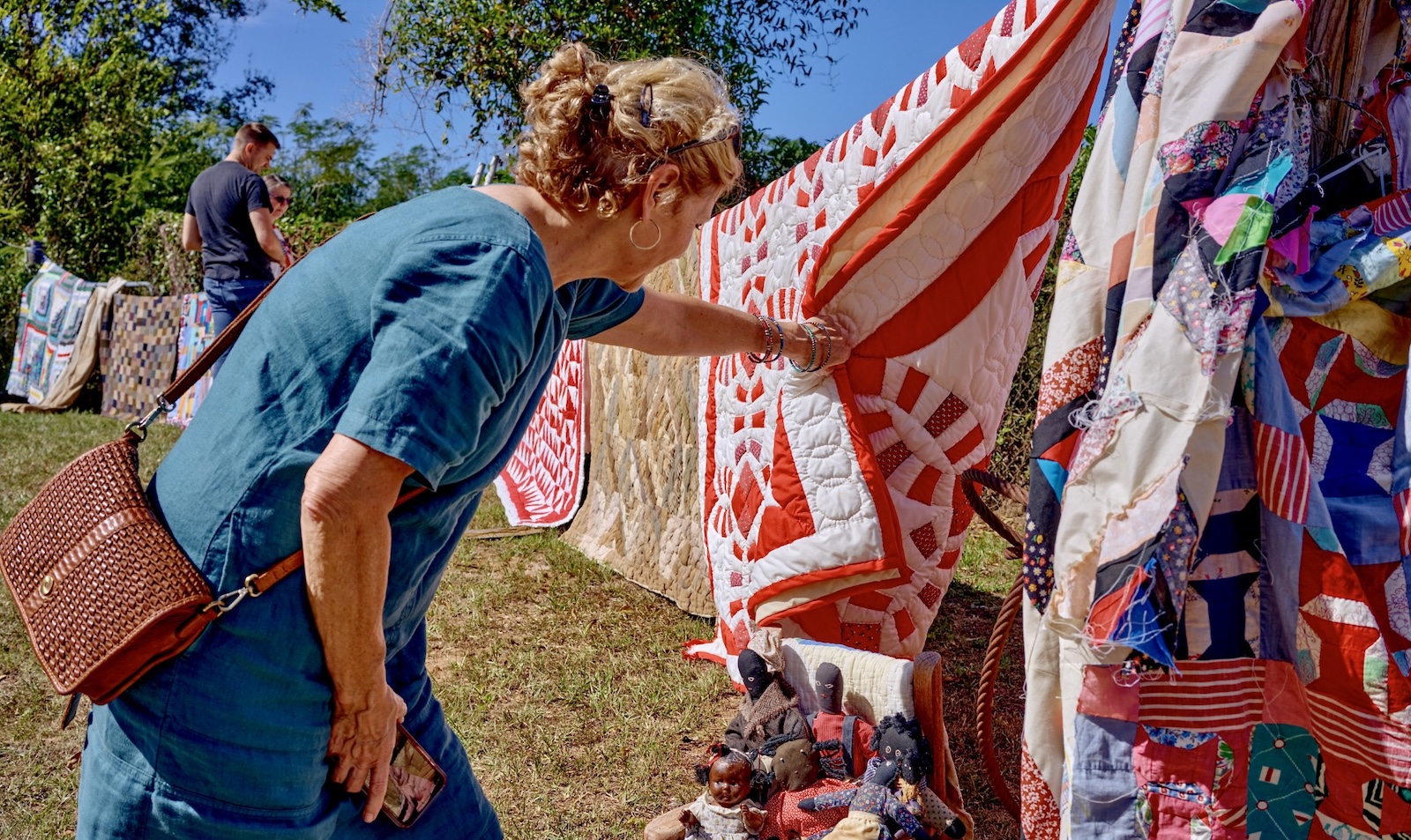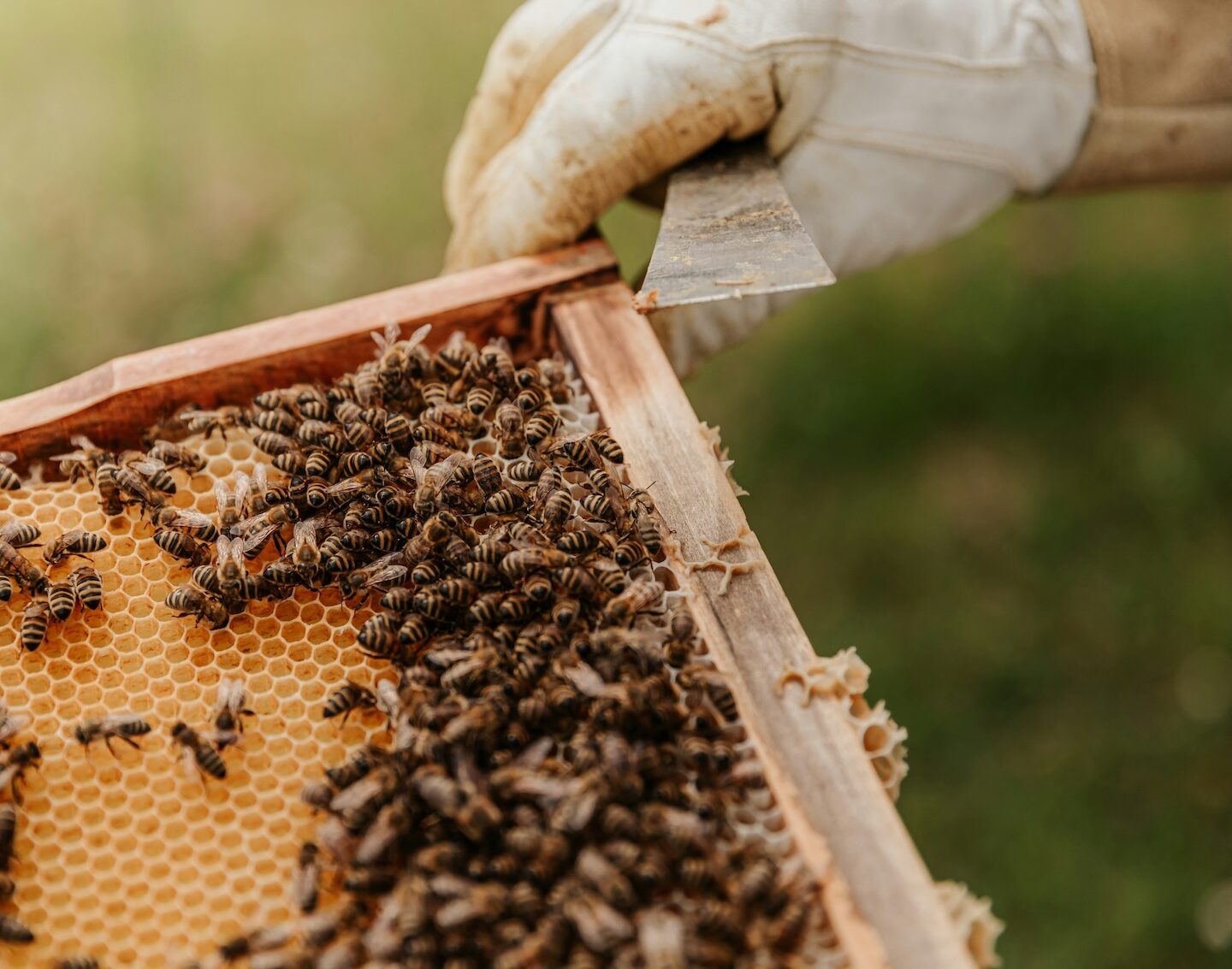“Birmingham is one of the worst coffee cities in America, ranking 4th-worst in the U.S.,” blared the email from the data crunchers at Clever Real Estate.
Wait. They say Birmingham is fourth-worst? In the country? Well, that just grinds my beans (which I actually do every morning—with locally-roasted coffee).
Sure, Birmingham’s no Portland, the caffeinated city in Oregon that Clever ranked second, behind Milwaukee, Wisconsin. But it’s not hard to find a good cuppa joe in the ’Ham. It’s earned better java cred.
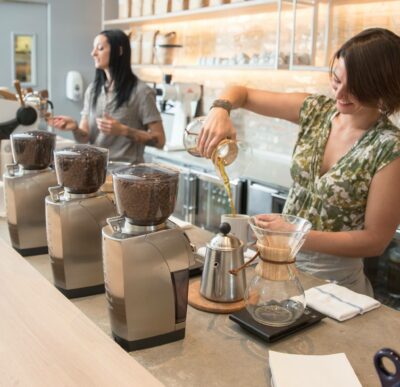
(Revelator Coffee Company/Facebook)
This is the hometown of Royal Cup, one of the nation’s oldest roasteries (founded in 1896), and Red Diamond, another old-timer that was established a decade later. It’s the chosen headquarters of Revelator Coffee, the uber-modern, fast-growing regional roaster with multiple cafes around town.
Metro Birmingham has scads of local roasters that prepare carefully-sourced beans to peak perfection, including Domestique, Red Bike, Red Cat, and Seeds. O’Henry’s turns 40 next year.
Traffic jams are frequent at my neighborhood Starbucks. And new coffee shops keep opening or are in the works, like the Cala coffeehouse that California transplants Josh and Melanie Cosio are planning in suburban Cahaba Heights.
So, when someone says Birmingham is among the worst in the nation for coffee, it just curdles my latte milk.
OK.
Deep breath.
Actually, when I pore over the stats, I realize things aren’t as bitter as they seemed at first sip.
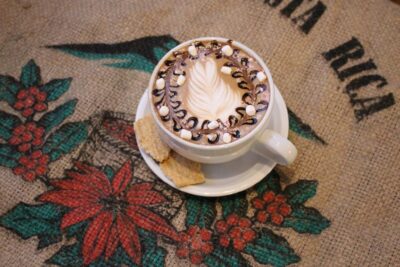
(Red Cat/Facebook)
For starters, the Clever folks reached this coffee conclusion by ranking only the 50 largest metropolitan areas. That leaves out a good bit of the country, including places that probably—no, definitely—have far worse coffee scenes than the Magic City.
And since the seven-county Birmingham-Hoover metro area ranks 50th in population (1.1 million people), the fact that it ended up 47th in the coffee category could be considered a statistical victory.
The survey weighs the number of coffee shops per 100,000 people (9 in Birmingham, Clever says), the average distance between coffee shops (57 square miles!), the price to buy a cappuccino ($4.86 here) and to drink one every weekday for a year ($1,264). Another factor is how that cappuccino habit affects consumers’ bottom lines (2.3 percent of the average local income).
In some respects, the Magic City can lord it over Clever’s bottom three—in descending order, Louisville, Kentucky; Memphis, Tennessee; and Virginia Beach, Virginia. Coffee shops are scarcer in both Louisville and Memphis, and fru-fru drinks cost more in Virginia Beach—about a half-buck more. So there.
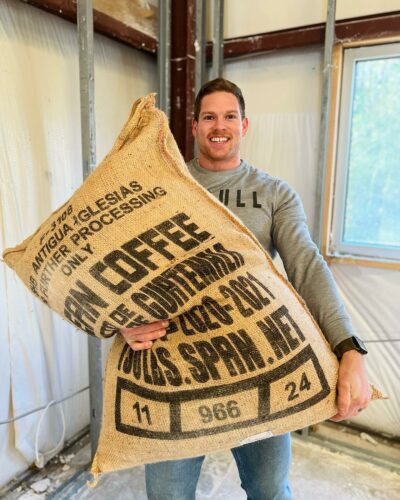
Josh Casio (Cala Coffee/Facebook)
But the cold reality is that, when compared to what the nation’s coffee kings have got brewing, Birmingham’s running on decaf.
Clever’s 15 top-ranked metros averaged twice as many cafes, with Portland tripling Birmingham’s offerings. Cappuccinos in that top group tended to be less expensive ($4.22 each on average; about $1,100 annually); they’re super-cheap in Milwaukee, $3.56 a pop.
While serving their Cala coffees recently at a Birmingham farmers market pop-up, the Cosios said they’d seen reports about the study but it doesn’t deter their plan to open a roastery/cafe.
“We’re excited to dive into the coffee culture here,” Josh says. “We think it’s already good, and hopefully we’ll make it better. Hopefully in a couple of years that same publisher will rewrite the article and talk about how Birmingham is one of the most up and coming coffee cities.”
